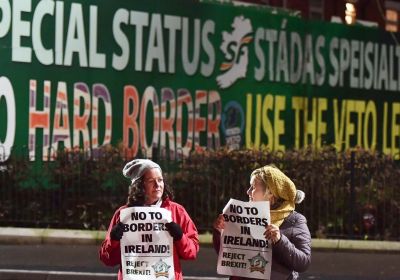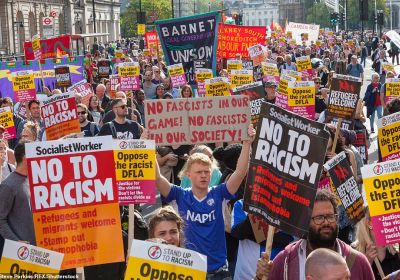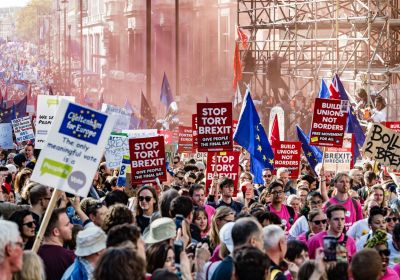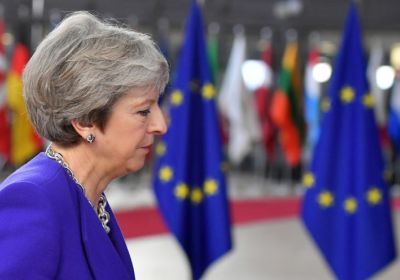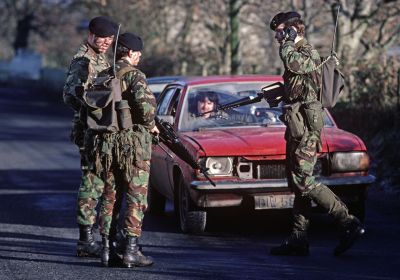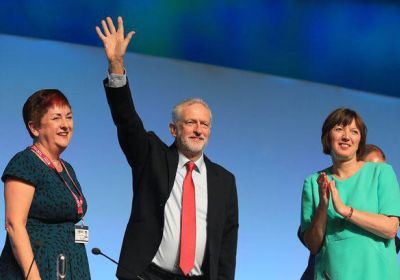-
-
-
-
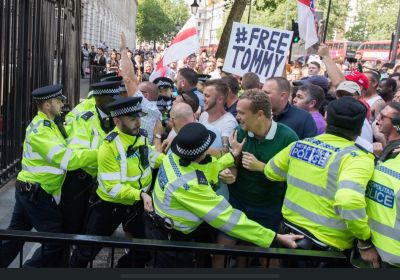
The far right in Britain has the wind in its sails in a way that it hasn’t since the 1930s, writes Phil Hearse.
-
-
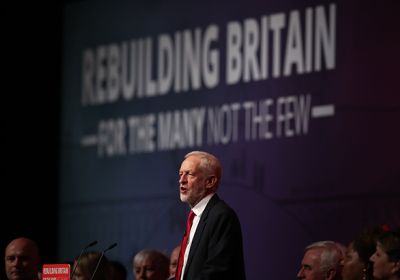
The British Labour Party took a radical, anti-austerity manifesto to last year’s general elections and, despite polls and media commentators expecting an unprecedented disaster, came close to winning, denying the ruling Conservatives a majority. Despite this success, attempts to attack and sabotage Labour’s socialist leader Jeremy Corbyn, and the ranks that support his vision, have continued. Michael Calderbank takes a look at what took place and what it means for the party’s future.
-
-
Britain’s Conservative Prime Minister Theresa May is in dire trouble and likely to be voted out of office by her own MPs when parliament returns in September, writes English socialist Phil Hearse.
-
-
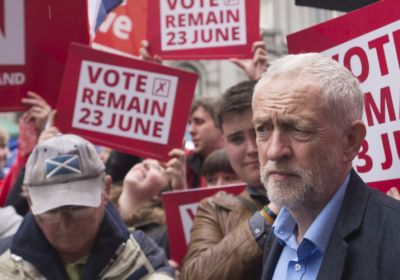
In the middle of the harshest winter for more than a decade, Britain finds itself still gripped by the icy fingers of neoliberal austerity.
-
-

In June 1940, Winston Churchill described the German rout of the French, Belgian and British armies and the seaborne evacuation of 338,000 troops from Dunkirk in northern France as a “colossal military disaster”.
For a nation whose national identity is intimately bound up with victory and conquest, it is paradoxical that the retreat from Dunkirk has become such an important part of British mythology.
Brexit
Brexit
